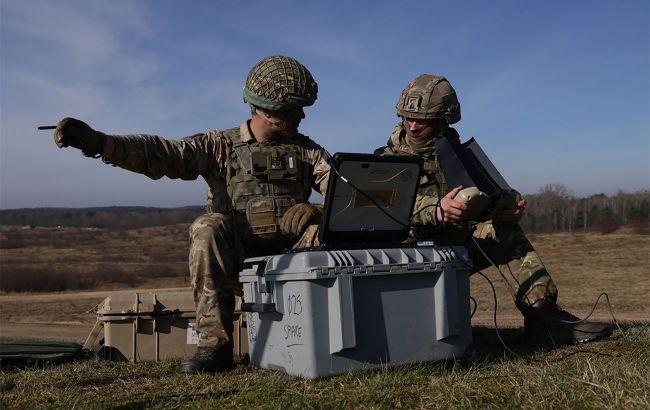Radioactive water leaks from UK nuclear bomb base into sea: Secret report details
 Photo: Radioactive water leak detected from British nuclear bomb base (Getty Images)
Photo: Radioactive water leak detected from British nuclear bomb base (Getty Images)
Radioactive water from one of the UK's most secret nuclear bomb bases leaked into the sea. This happened due to the failure of old pipes that became unusable because of inadequate maintenance, The Guardian reports.
According to the media outlet, official documents show that radioactive water from the base where Britain's nuclear bombs are stored entered the sea after old pipes repeatedly burst.
The regulator discovered that radioactive material entered Loch Long, a sea loch near Glasgow in western Scotland, because the Royal Navy failed to properly maintain the network of 1,500 water pipes at the base.
Britain's nuclear bomb base
It turns out that the weapons depot at Coulport on Loch Long is one of the most secure and secret military sites in the UK. It stores the Royal Navy's stockpile of nuclear warheads for its fleet of four Trident submarines based nearby.
However, files gathered by the Scottish Environment Protection Agency (SEPA), a government pollution watchdog, indicate that nearly half the components at this base had exceeded their intended service life when the leaks occurred.
SEPA stated that the leak at Coulport was caused by "shortfalls in maintenance," which led to the release of "unnecessary radioactive waste" in the form of low levels of tritium, a substance used in nuclear warheads.
In a 2022 report, the agency blamed repeated failures by the naval forces to maintain equipment in the warhead storage area and said plans to replace 1,500 old pipes at risk of rupture were "sub-optimal."
Attempts to conceal radioactive water leak
According to the media outlet, leaks of information were found in confidential inspection reports and emails provided to the investigative website Ferret and published by The Guardian. SEPA and the Ministry of Defence tried to keep these documents secret.
They were released following an order by Scotland's Information Commissioner, David Hamilton, who oversees compliance with Scotland's Freedom of Information laws, after a six-year struggle by journalists to access the files.
The UK government insisted the files should remain classified on national security grounds, but in June Hamilton ruled that most of them should be disclosed.
Hamilton said their release posed a threat to "reputations," not national security.
Thus, the files about radioactive water leaks were made public in August after further delays, following a request by the Ministry of Defense for more time to review them, citing "additional national security considerations."
As previously reported, Australia and the United Kingdom will hold talks in Sydney to discuss building nuclear-powered submarines.

